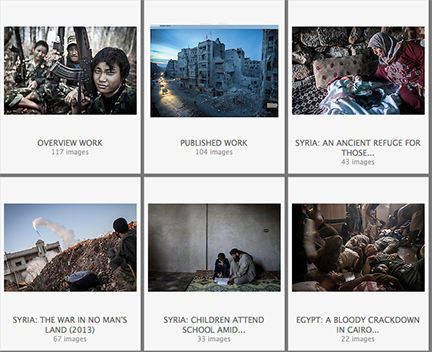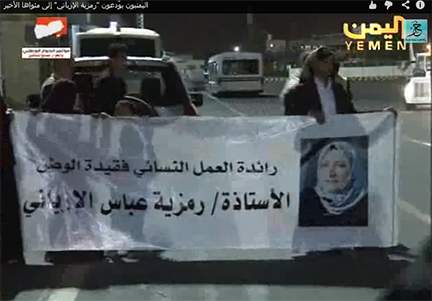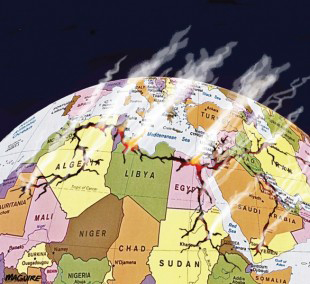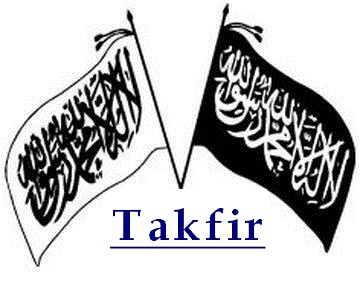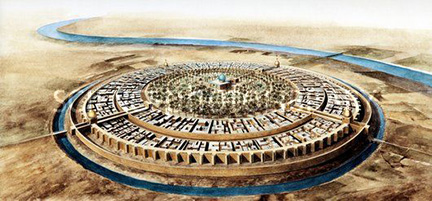
BAGHDAD: CRADLE OF CULTURE AND CIVILIZATION, 1013-2013
On November 15-16, 2013 there will be a conference on Baghdad co-organized by the Iraqi Cultural Center (ICC) and The American Academic Research Institute in Iraq (TAARII). The sessions will be held at the Iraqi Cultural Center, 1630 Connecticut Avenue, Washington, DC 20009
Draft Program
FRIDAY, NOVEMBER 15
9:00. Welcoming remarks. Mohammad Alturaihi (Iraqi Cultural Center) and McGuire Gibson (TAARII)
POLITICAL, ECONOMIC, AND SOCIAL LIFE OF MEDIEVAL BAGHDAD
Chase Robinson (CUNY Graduate Center), “Baghdad and Islamic Cosmopolitanismâ€
Stephen Humphreys (UC-Santa Barbara), “Islam’s First Imperial City: Baghdad from 763 to 945”
Sydney Griffith (Catholic University of America), “The Cultivation of Philosophy and Interreligious Colloquy in Abbasid Baghdad: A Convivencia of Jews, Christians, and Muslims”
Roy Mottahedeh (Harvard University), “The Twilight of Buyid Baghdadâ€
Richard Bulliet (Columbia University), “The Economic Rise and Fall of Medieval Baghdadâ€
12:30-2:00. Lunch
THE MAKING OF MODERN BAGHDAD
Abbas Kadhim (Boston University Institute for Iraqi Studies), “Baghdad’s First Encounter with Modernity (1869-1871)”
Sara Pursley (CUNY Graduate Center), “Familiar Futures: Reforming the Iraqi Family in the Age of Developmentâ€
Eric Davis (Rutgers University), “Pluralism or Sectarianism? Baghdad and the Production of Political Space in Iraqâ€
Discussion
SATURDAY, NOVEMBER 16
9:00
LITERARY AND CULTURAL LIFE IN MEDIEVAL AND MODERN BAGHDAD
Samer Ali (University of Texas at Austin), “When the Night: Having Fun in Medieval Baghdadâ€
Suzanne Stetkevych (Georgetown University/Indiana University), “Arabic Poetry and the Invention of the Abbasid Golden Ageâ€
Fawzi Kareem (Poet/Writer/Painter), “Witnessing Iraq’s Contemporary Cultureâ€
Fatima Ali (Social Cases Performing Arts Company), “Being a Theatre Maker in Post-2003 Baghdad: Challenges and Realities†Continue reading BAGHDAD: CRADLE OF CULTURE AND CIVILIZATION, 1013-2013 →

